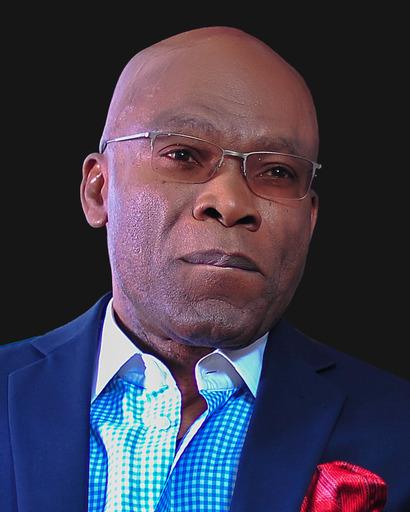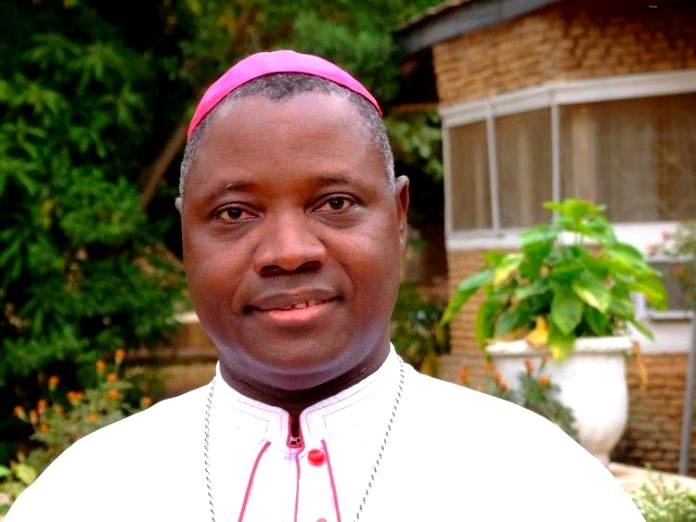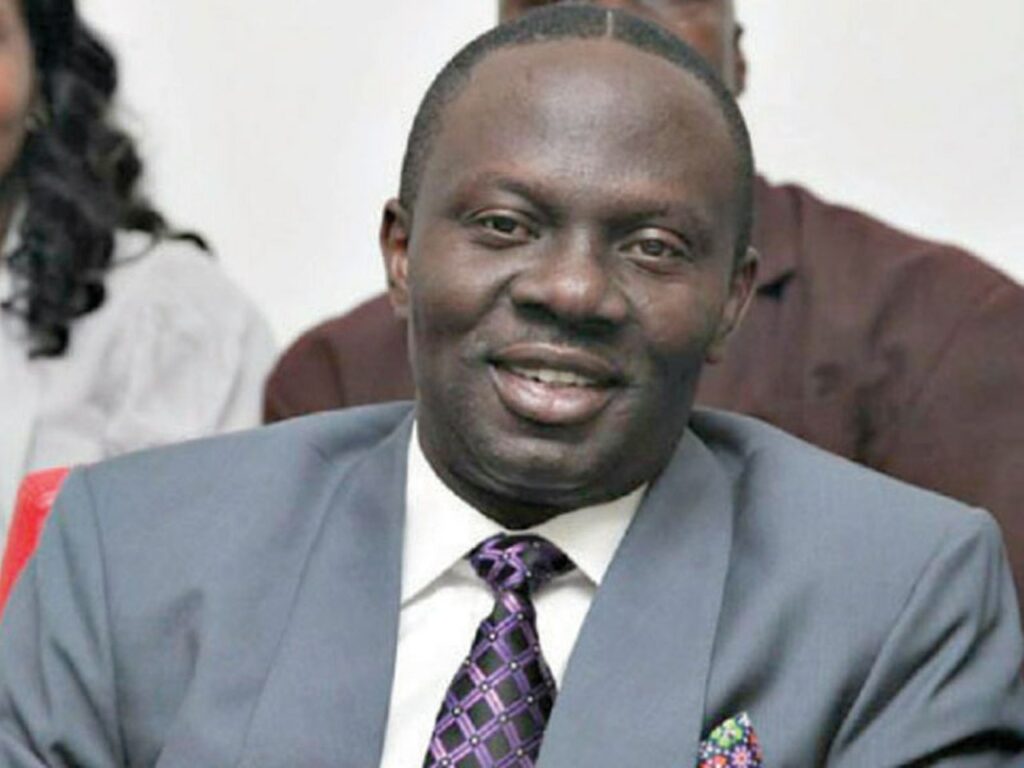Corporate blackmail is fast becoming the fancy of some netizens, corporate bodies, individuals, especially fly-by-night persons who target the rich and their businesses for diverse ..
By Aliyu Gaya
Corporate blackmail is fast becoming the fancy of some netizens, corporate bodies, individuals, especially fly-by-night persons who target the rich and their businesses for diverse reasons. It’s not restricted to Nigeria, though.
The likes of Aliko Dangote, Leo Stan Ekeh, Mike Adenuga have at one time or another faced a blizzard of corporate blackmail. The corporate blackmailer’s intents are multifarious: to make easy money (ransom), damage the reputation of their target, ruin an enterprise or cause emotional trauma on their victims.
In the United States, a country with unapologetic capitalist culture, blackmail is considered a serious crime under federal law and every state law. Culprits can be jailed for over a year and/or with huge fines in some cases. The same applies in Europe and Asia where the blackmailer is neither spared nor pampered.
Nigeria has a panoply of laws including the Cybercrime Act to deal with corporate blackmailers. But the laws are made weak because in some cases the legal processes are convoluted and drag leisurely making the suspects to exploit loopholes within the system to dodge conviction. The blackmailers are like the cunning fox. They know that reputational damage is a high risk for their victim hence they often drag the case in the court of law to keep it perpetually in the front burner of public discourse. No successful business owner wants his/her affairs including the affairs of the organisation to be a subject in the media. It’s often said that bad public relations is good PR. Not in this case. Bad media exposition even when it’s all lies and crass fib has a way of propagating itself in the media space and in the minds of right-thinking persons in the society. It’s worse in these days of internet and social media. A lie consistently told begins to assume a halo of truth if not countered effectively and in time too. This is the psychology that drives the corporate blackmailer.
A few instances of corporate blackmail and embarrassment. Nigeria’s highly successful business honcho, Mike Adenuga, had his office brusquely raided in 2006 by operatives of the Economic and Financial Crimes Commission (EFCC). The raid and ‘arrest’ of Adenuga were widely exposed in the media. At the end, it turned out that Adenuga had nothing sleazy in his closet that the accusers could use to nail him in the court of law. But he was sufficiently terrified and blackmailed such that he had to go on temporary exile from Ghana to UK.
Another Nigerian business success story, Aliko Dangote, has been in and out of blackmail, sometimes from competitors, career blackmailers who want a chunk of his money, or even public institutions who rather than help his business empire to thrive and keep thriving, prefer to bring him down. The latest of such serial blackmail is the running campaign to discredit his $20 billion refinery. First, they claimed it was non-existent, that failed. They switched to, it can never take off, that also failed. They tried the fib that the refinery was producing low quality products; this also failed. Then, there was that disingenuous yarn that he had no approval, no licence for the project yet the same Federal Government acquired 7.5% of an unlicensed company shares with public fund?. This, again, failed to fly. There were many more but they all crashed as does every lie.
Then, there was the failed but long-drawn corporate blackmail against Leo Stan Ekeh, the listless and gifted founder of the Zinox Group, a global conglomerate spanning ICT, e-commerce, real estate, pharmaceuticals, entertainment, and more. His case is such that pools tears in the eyes. A case of a fry threatening to swallow a barracuda. Several studies have identified envy, money (ransom), extreme competitiveness, desire to tarnish a reputation, a knack to hurt an enterprise and inflict emotional pain on the business owners as some of the divers of corporate blackmail. In some cases, it may just be one of the factors named above. But in the case of Ekeh, it’s a combination of envy, extortion and reputational damage. Why does he always get the fat jobs from governments and corporate Nigeria?
The case of Ekeh is one that tasks your state of sanity. It got me thinking about how much premium Nigerians, nay Africans, place on their brightest and best, especially those who by sheer dint of hard work, tenacity, courage to dare the odds, burrowed their way from the lowest nadir of their enterprise to the zenith of it.
What has come to those who have followed Ekeh’s life odyssey from Nigeria to India to the United Kingdom and back to Nigeria, as a surprise is the desperation by a few people to pull down the man who gave Africa a voice in the global ICT space, an area where India, for instance, has become a global force. India has created tech billionaires in this century. The Shiv Nadar family, Azim Premj family, Jay Chaudhry, Byju Raveendran among others make up this list of worthy Indians. India protects her billionaires. They are not blackmailed for being successful. These entrepreneurs, especially those in the tech space, play critical roles as enablers of India economy. For this, the government and the people of India protect them. This is what is lacking in Nigeria. Those who show capacity to create wealth through entrepreneurship are often left to the vagaries of jealous competitors and atrocious blackmail from those who are failing and even those who have failed in their businesses.
Nigerian entrepreneurs like Ekeh and many others across the country built their businesses from the scratch. They deserve praise for their industry and deserve to be protected from blackmail hawks. The various but failed attempts to link Ekeh and any of the companies associated with his name to unhealthy corporate governance smacks of desperation and primitive show of disrespect for a man whose collateral is integrity. Any African who plays big in the Africa ICT marketplace knows that without integrity, you cannot have as much as a handshake with over 31 global brands like Microsoft, Apple, HP, Samsung, IBM, Cisco, Starlink among others under the control of Zinox Group. It’s the nature of ICT. Here, the game is not measured by the depth of your pocket. It’s a function of trust, your capacity to make your word your bond. This must reflect on your technical competence and ability to offer ready and effective service.
Ekeh had long established all this and it’s to his credit that Microsoft, Samsung, HP, Apple and others have not only established strong technical presence in Nigeria which has led to knowledge transfer to young Nigerian techies, but has also created thousands of direct and indirect jobs across different demographics and human resource cadres in the country. So, why blackmail such a man? Why try to pull him down just because he has succeeded where many failed? Success is not served on a platter of gold. For a man who has built a world-class African brand, Zinox, as a counterfoil to the dominance of exotic brands, national and continental garlands ought to be his reward, not a blizzard of blackmail. Like Ekeh said at a tech seminar, successful tech entrepreneurs do not patronise blackmailers. No wonder his latest blackmailer avoided to defend a case he (the blackmailer) reported to the police for over 10 years and had to plead with Attorney General of Federation to withdraw the case to save him from possible imprisonment.
Every Nigerian government at national and sub-national claims they are wooing foreign investors. But they forget that how Nigeria treats her indigenous investors will influence how foreign investors perceive the Nigerian market. You cannot expose your home-grown investors to the vagaries of blackmail and treachery and expect foreign investors to trust you.
Gaya, public policy analyst, writes from Kano




